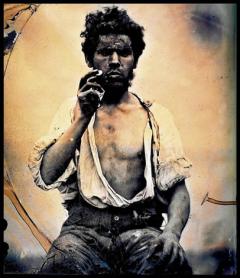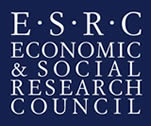Ireland and Modernity
This research project is funded by the Economic and Social Research Council through a Mid-Career Fellowship and investigates the Irish encounter with modernity from the mid-eighteenth century until the middle of the last century.

Using primary sources including folklore, migrant letters, autobiographies, diaries and other eyewitness accounts such as travel writings as well as the more traditional sources of historical inquiry (contemporary writings, government records), it charts the experience of ‘becoming modern’.
How people understood the changing world around them forms a central element of the project. This involves probing feelings, perceptions and sensibilities and exploring cognitive systems.
Subjects that are explored include how notions of time changed in response to the demands of industrial capitalism, the ways in which conceptions of order were integrated into everyday life, and the reasons why the natural world continued to retain a strong hold on Irish imaginations until the 1950s and 1960s.
'Good citizens'
A key theme is how the British administration of Ireland (1801-1921) together with the majority Catholic Church sought in different yet complementary ways to create ‘good citizens’, through the civilizing process, first identified by Norbert Elias, embedded in the elementary education system and the administration of justice.
Manners, respectability, and above all else, unshakeable respect for authority were the defining features of these new model citizens.
Further information


